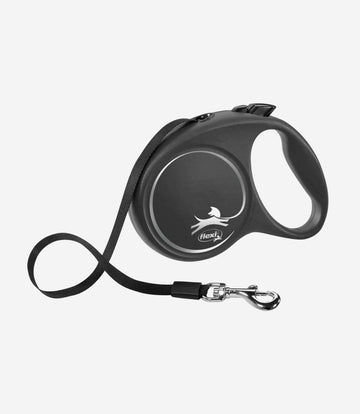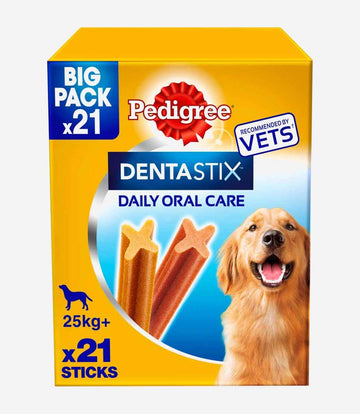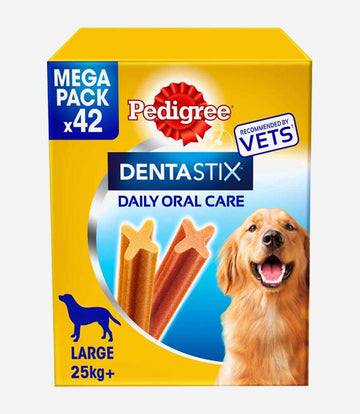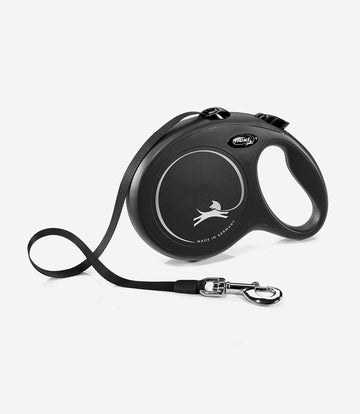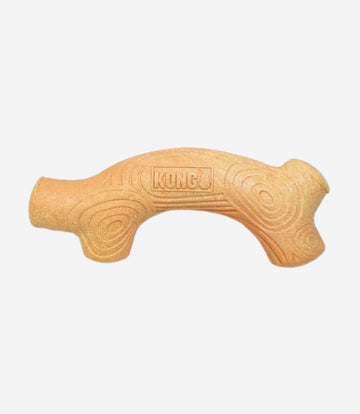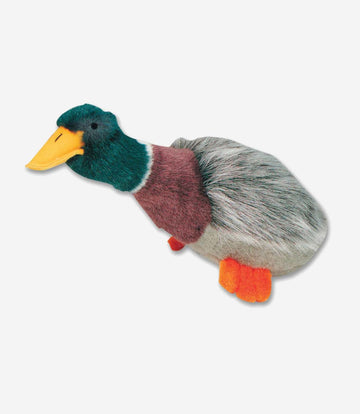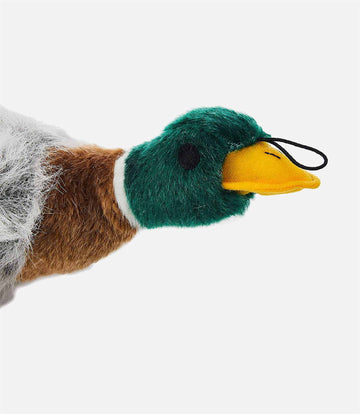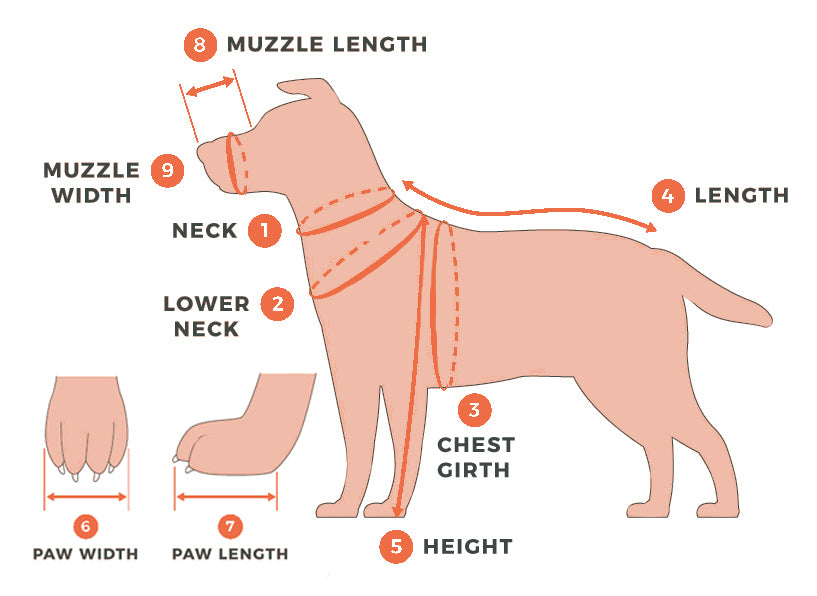Dog Gut Health Maintenance: Navigating the Balancing Act

Dog, a man’s best friend who fills our life with their joyful prancing and brightens the darkest days with their unconditional love. As their companion and guardian, one doesn’t leave a stone unturned in choosing the best for them. From giving them a cozy bed to the best dog treats and from providing the best dog toys to adorning them with the purr-fect dog accessories, the pet parent tries to give them all but amidst them there's one aspect of their well being that often goes unnoticed—dog gut health. In the active lives of our canine companions where their adventures are as diverse as their personalities, it is what goes inside their bodies that is the center of their overall well being. And it is the disruptions in the complex dance of their digestive system that can lead to an array of issues.
So in our dedication to preserving the well being of our four legged companions, we must delve into the captivating world of dog gut health. It's about understanding why it's essential, how to detect imbalances, and the steps we can take to ensure that the wagging tails, joyful prancing, and boundless energy never fade. It's a journey into the heart of our friendship with dogs, where our commitment to their health mirrors the unconditional love they shower upon us.
Understanding the Anatomy of Dog Gut Health
A dog’s gut is a complex network of organs and tissue and understanding them is important for your dog gut health. The digestion begins from the mouth and then the partially digested food is moved to the stomach where it encounters a harsh acidic environment that further breaks down proteins and helps kill potential pathogens. The final destination, the large intestine, is responsible for absorbing water and forming feces. When their gut functions smoothly, they are energetic, their coat shines with health, and their immune system is ready to combat any intruders. However, an imbalanced gut can affect the absorption of vital nutrients and can weaken their immune system, leaving them vulnerable to infections and diseases.
Factors Affecting Dog Gut Health
- Environmental Phenomena: It is well established that various environmental stressors, disruptions in routine, and exposure to pollutants can have detrimental effects on the health of a dog's gastrointestinal system. Mitigating these stressors and establishing a stable environment are crucial steps towards fostering optimal gut balance for our canine companions.
- Gut health dog food: The composition and nutritional value of the canine diet play a pivotal role in determining the well being of their gastrointestinal system. A properly formulated and wholesome diet that incorporates probiotics and prebiotics has been shown to contribute positively to maintaining optimal gut health.
Signs of poor gut health in dogs

- Frequent diarrhea
- Constipation
- Bloating.
- Itching and redness
- Loss of appetite or persistent hunger could be related to gut health.
- Irritable, anxious, or less active
How to improve dog gut health in dogs?

- Feeding Practices: Selecting a premium grade canine diet that aligns with your pet's individual requirements and contemplating the integration of probiotic and prebiotic supplements are essential for enhancing digestive well being. It is crucial to closely regulate portion sizes as well as establish consistent meal schedules to further optimize gastrointestinal health.
- Exercise and Games: Regular physical activity plays a crucial role in promoting and maintaining optimal gut health. Through its ability to stimulate the efficient movement of the digestive system, exercise contributes significantly to one's overall well being.
- Supplement Review: In exploring the subject of dietary supplements for dogs, it is recommended to seek professional advice from a veterinarian. Veterinary professionals possess comprehensive knowledge and can offer valuable insights regarding suitable supplements that may benefit your dog gut health.
Treating the Causes of Poor Dog Gut Health
- Avoid unnecessary use of antibiotics and medications, as they can disrupt the balance of the gut microbiome.
- Medications should only be administered under veterinary guidance.
- Consult your veterinarian for a thorough examination and appropriate treatment.
Tips for Dog Gut Health Maintenance

1. Balanced Diet:
Balanced diet is important to provide your canine companion with high quality food or dog treats that are suitable for their age and breed. Additionally, incorporating probiotics and prebiotics into their diet can offer additional benefits to improve their digestive health.
2. Proper Hydration & Stress Management:
It is essential to facilitate sufficient water intake for your beloved canine companion. Adequate hydration plays a vital role in supporting the process of digestion in dogs. Also, the management of stress is crucial for dogs, as they are susceptible to experiencing it in a manner similar to humans. It is imperative to employ effective techniques or calming tools in order to alleviate their stressors and maintain a calm state within their gastrointestinal system.
3. Overmedication & check ups:
Regular veterinary check ups are essential for the early detection of gastrointestinal issues in your pet. It is important to minimize the use of antibiotics and medications unless specifically prescribed by your veterinarian, as these substances have the potential to disturb the delicate balance of the gut microbiota.
Summing Up
In the world of dog gut health, we've uncovered the pivotal role it plays in our furry friends' overall well being. A balanced gut isn't just about digestion; it's the key to their vitality. As responsible pet owners, we've learned that the harmony within their digestive system reflects their overall health.
This journey has also revealed that this balance can be fragile, with disruptions causing various issues. As we conclude, let's carry this knowledge forward as a gift to our beloved companions. Our role goes beyond treats and cuddles; it extends to safeguarding their health.
May this journey with Nestpets, inspire us to be vigilant and proactive in preserving our pets' gut health. With this understanding, we're committed to ensuring their days are filled with joy, energy, and boundless love.

